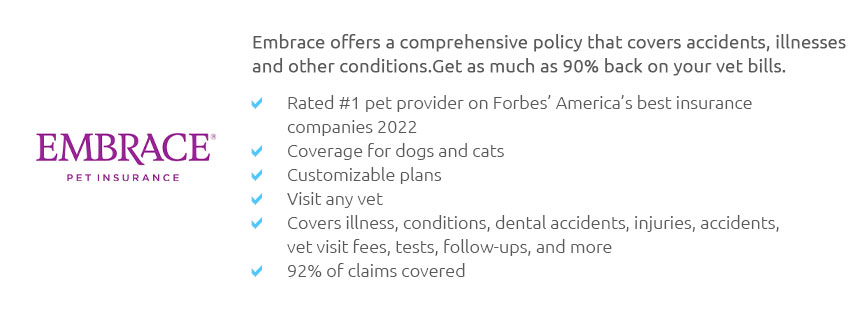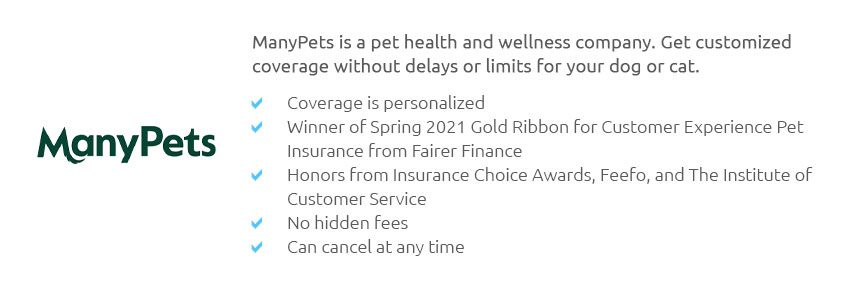 |
 |
 |
 |
 |
 |
|
 |
|
 |
|
 |
|
 |
|
 |
 |
 |
 |
 |
 |
 |
 |
The Cost of Pet Health Insurance: A Comprehensive GuideIn recent years, the question of whether or not to invest in pet health insurance has become increasingly relevant among pet owners. With veterinary costs on the rise, it's crucial to weigh the potential benefits against the expenses associated with such insurance. Let's delve into the intricacies of pet health insurance costs and what you might expect if you choose to purchase a policy for your furry friend. First and foremost, it's essential to understand that the cost of pet health insurance can vary significantly based on several factors. These factors include the type of animal, the breed, the age of the pet, and the level of coverage you desire. Typically, insurance for dogs tends to be more expensive than for cats, largely due to the higher likelihood of certain medical conditions and the generally higher costs associated with canine veterinary care. Moreover, the breed of your pet plays a significant role in determining insurance costs. Breeds known for hereditary health issues often come with higher premiums. For instance, larger dog breeds such as Great Danes or Saint Bernards might incur higher insurance costs compared to smaller breeds like Dachshunds or Beagles. Similarly, purebred animals generally have higher premiums compared to mixed breeds due to the predisposition of certain purebred animals to specific health conditions. Age is another critical factor influencing the cost of pet insurance. Puppies and kittens might be cheaper to insure initially, but as pets age, the likelihood of health issues increases, which can lead to higher premiums. It's advisable to enroll pets in insurance while they are young and healthy to lock in lower rates and ensure comprehensive coverage as they age. When it comes to coverage, pet owners can choose from a variety of plans, ranging from basic to comprehensive. Basic plans typically cover accidents and injuries, while more comprehensive plans may cover illnesses, genetic conditions, and even routine care such as vaccinations and dental cleanings. Naturally, the more extensive the coverage, the higher the premium will be.
Beyond the premium costs, pet owners should also consider deductibles, co-pays, and coverage limits. Some policies have annual deductibles, while others have per-incident deductibles. Similarly, co-pays can range from 10% to 30% or more, depending on the insurer and plan. Coverage limits can be annual, per-incident, or lifetime, and it's crucial to choose a plan that aligns with your financial capacity and your pet's potential needs. It's worth noting that while pet health insurance may seem costly upfront, it can provide significant financial relief in the event of unexpected medical issues. Veterinary bills can quickly add up, especially for emergency treatments or surgeries. Insurance can help mitigate these costs and ensure that your pet receives the necessary care without placing a strain on your finances. In conclusion, the decision to purchase pet health insurance should be based on a thorough consideration of your pet's specific needs, your financial situation, and the level of risk you are willing to accept. By understanding the factors that influence insurance costs and carefully comparing different plans, you can make an informed decision that ensures both your peace of mind and the well-being of your beloved pet. https://www.experian.com/blogs/ask-experian/how-much-does-pet-insurance-cost/
Pet insurance costs an average of $675 annually for dogs and $383 annually for cats. However, your pet insurance premiums may be higher or lower depending on ... https://www.nerdwallet.com/article/insurance/is-pet-insurance-worth-it
The average pet insurance cost is about $56 per month for dogs and $32 per month for cats for the most common type of policy. 2. By ... https://www.pawlicy.com/blog/pet-insurance-cost/
The average monthly pet insurance premium is $49.51 for dogs and $28.48 for cats, according to the latest report published by the North American Pet Health ...
|